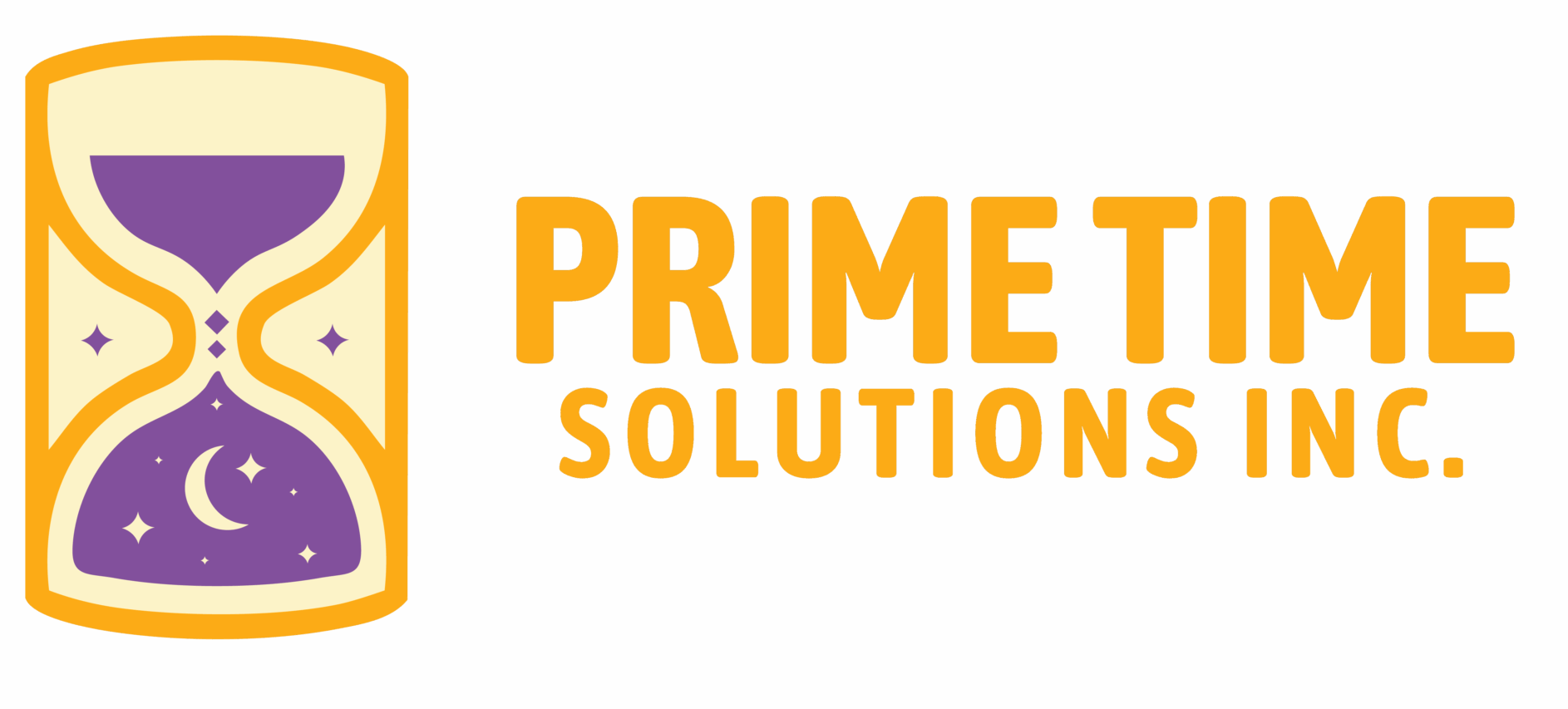Ever walked out of an interview thinking, ‘I should’ve said that instead’? You’re not alone.
Even the most prepared candidates can stumble when faced with tough questions that test confidence, quick thinking, and communication skills. In sales interviews, every answer is more than a response—it’s proof of how you’ll handle real-world conversations with clients. The challenge is that many applicants rely on generic replies, missing the chance to show their value and stand out from the crowd.
With the right answer hacks, you can turn tricky questions into opportunities to impress and position yourself as the clear choice for the role.
Hack 1: Structure Your Answers Like a Pro
Clarity and order in your answers are just as important as enthusiasm. A structured answer shows that you can communicate in a way that makes sense to anyone listening—a critical trait for salespeople who often explain complex products or services to clients.
- Use the STAR method (Situation, Task, Action, Result). For example: “At my last job, we needed to increase upsells by 15% in one quarter (Situation/Task). I launched a training series to help my team position add-ons more effectively (Action). By the end of the quarter, upsells grew by 22% (Result).”
- Back claims with measurable proof. Percentages, revenue increases, or deals closed add weight to your answer and separate you from candidates who only give vague descriptions.
- Always tie back to the company’s goals. Recruiters don’t just want to know what you’ve done—they want to see how your success translates into benefits for them.
Pro Insight: The way you explain your experience is a reflection of how you’ll pitch to customers. A clear, structured response positions you as someone who communicates with both authority and precision.
Hack 2: Anticipate Key Questions
One of the easiest ways to lose momentum in an interview is by being caught off guard. Sales interviews often follow patterns, and knowing the common questions can give you the upper hand.
Expect these classics:
- “Tell me about yourself.” → Start with your sales experience and focus on achievements rather than personal details.
- “Why sales?” → Emphasize problem-solving, building relationships, or the excitement of measurable results.
- “How do you handle rejection?” → Acknowledge that rejection is part of sales, then highlight resilience and what you’ve learned from setbacks.
- “How do you manage quotas?” → Show your organizational skills and how you consistently meet or exceed targets.
Quick Tip: Practice your answers out loud. Hearing yourself speak helps identify weak spots, filler words, or unclear phrasing. Aim for answers that are concise but rich in detail, just as you would in a client meeting.
Sample Answer: “I handle rejection by focusing on what I can learn from the interaction. If a prospect turns me down, I revisit my approach—whether it was my timing, the way I framed value, or the questions I asked. By doing this, I turn rejection into feedback and keep improving my pitch.”
Hack 3: Turn Weaknesses into Wins
Many candidates freeze when asked about weaknesses, but recruiters aren’t looking for perfection. They’re looking for self-awareness and adaptability. The key is to pick a weakness that’s genuine but not detrimental, and then show how you’ve worked to overcome it.
- Avoid fake flaws like “I work too much.” Those sound insincere.
- Select something real but manageable. Maybe you once struggled with prioritizing tasks or lacked confidence with new tools.
- Demonstrate growth. Show the interviewer how you identified the weakness and what you did to improve.
Example: “I used to get nervous when cold calling, but I realized it was a skill I could build. I studied successful techniques, practiced scripts, and refined my delivery. Over time, I not only became confident but also started coaching new team members. It turned into one of my strongest skills.”
This type of answer shows humility, growth, and leadership potential.
Hack 4: Show the Sales Mindset
Technical skills matter, but what recruiters really want is someone who thinks like a salesperson. That means being customer-focused, adaptable, and solution-driven. You can demonstrate this through specific examples.
- Relationship focus: Talk about how you built long-term trust, such as maintaining accounts beyond the initial sale.
- Adaptability: Share a story where you had to pivot quickly when a client changed requirements or a competitor entered the picture.
- Creativity: Highlight moments when you found unconventional solutions that still delivered results.
Did You Know? Many recruiters assess your “sales mindset” by how you respond in the moment. If you answer objections during the interview with calm confidence, you’re already showing them you can sell. That’s why one of the most overlooked sales interview tips is to treat every question like a chance to demonstrate the exact qualities you’ll use on the job.
Hack 5: Handle Curveball Questions Calmly
Unexpected questions are not meant to trip you up; they’re designed to see how you respond when caught off guard. This is especially important in sales, where clients often surprise you with objections or sudden changes.
- Pause before answering. A short silence communicates confidence rather than panic.
- Reframe negative questions. If asked about a failure, frame it as a lesson that made you stronger.
- Stay forward-looking. Always end by showing how you improved and what you’d do differently now.
Sample Answer: “I once lost a deal because I pushed too hard at the wrong time. It was a wake-up call about balancing persistence with patience. Since then, I’ve refined my approach to listen more actively and match my pace to the client’s readiness, which has led to much higher conversion rates.”
By turning a tough question into a success story, you show emotional intelligence and resilience.
Hack 6: Pitch Yourself with Impact
At some point, you’ll be asked to “sell yourself.” Think of this as your closing pitch to the interviewer, and treat it with the same care you would a client pitch. If you’ve ever wondered how to prepare for a sales interview, this step is one of the most important. Knowing how to pitch yourself clearly and persuasively can set you apart from other candidates.
- Start with a hook. Lead with your most relevant strength.
- Back it with proof. Share specific results or measurable achievements.
- Close confidently. Position yourself as the solution to their hiring needs.
Example: “I specialize in building strong client relationships that lead to repeat business. At my last job, I increased customer retention by 18% in one year through consistent follow-ups and value-added service. I’m confident I can bring that same commitment and growth to your sales team.”
Following a sales pitch format ensures your answer has flow, impact, and a clear takeaway.
Hack 7: Close the Interview Like You Close a Deal
The final impression you leave can outweigh everything else. Just as a sale isn’t complete without a strong close, an interview isn’t finished until you leave the recruiter with confidence in your abilities.
- Summarize your value. Reinforce how your skills align with their needs.
- Show genuine enthusiasm. Express excitement about the role and the opportunity to contribute.
- Confirm next steps. This signals professionalism and eagerness without appearing desperate.
One Thing to Remember: Interviews are collaborative. When you end by reinforcing value and confirming next steps, you’re not just closing—you’re inviting them into a partnership mindset.
Step Into Opportunity with Prime Time Solutions
Sales interviews are more than question-and-answer sessions; they’re demonstrations of your ability to communicate, persuade, and adapt. Each hack in this guide equips you with strategies to present yourself as confident, prepared, and ready to succeed. By structuring your responses, anticipating challenges, and pitching yourself effectively, you not only impress recruiters but also set yourself apart as someone who can deliver results from day one.
If you’re eager to put these strategies into action, Prime Time Solutions offers the platform to do it. We’re passionate about helping driven individuals grow, succeed, and thrive in sales careers that reward effort and skill.
Joining our team means more than landing a job because it’s about building a career where your potential turns into real results. Take the next step with Prime Time Solutions and start shaping the professional future you’ve been working toward.

